

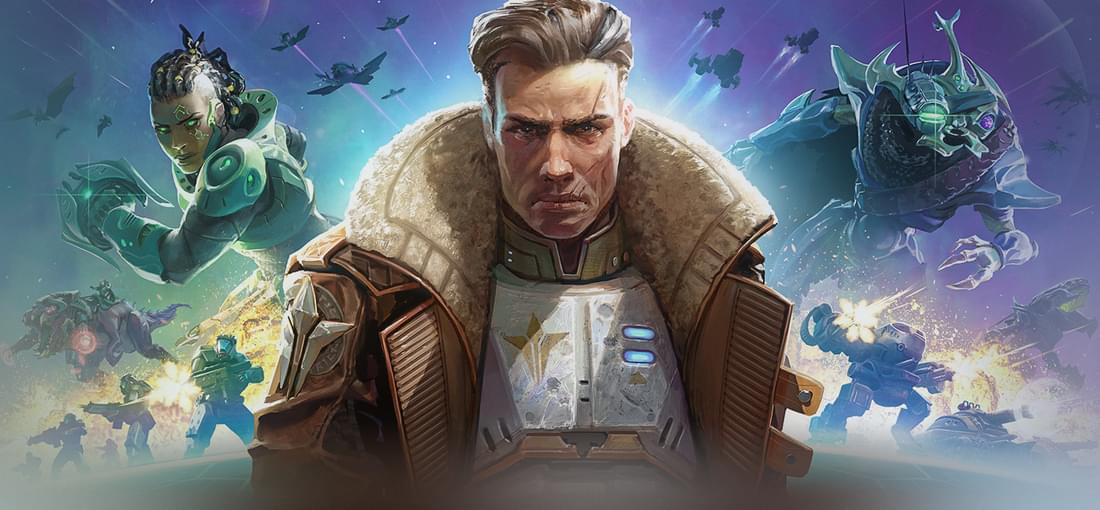
It's not awful. I'd give it 2.5 stars but I have to pick between 2 and 3 stars, and it just never really shines or impresses. Perhaps the biggest low point of the experience is the AI. Currently I'm in a map where I'm at war with 3 factions at once, and they are all just fucking turtling, even though all of their armies are twice as big as mine. They're waiting at the border between our territory, just this 6 or 7 stack death tide, waiting around for Christmas or something. I don't think you could create that kind of tediousness on purpose. Just replay AOW3, at least it had handcrafted maps.
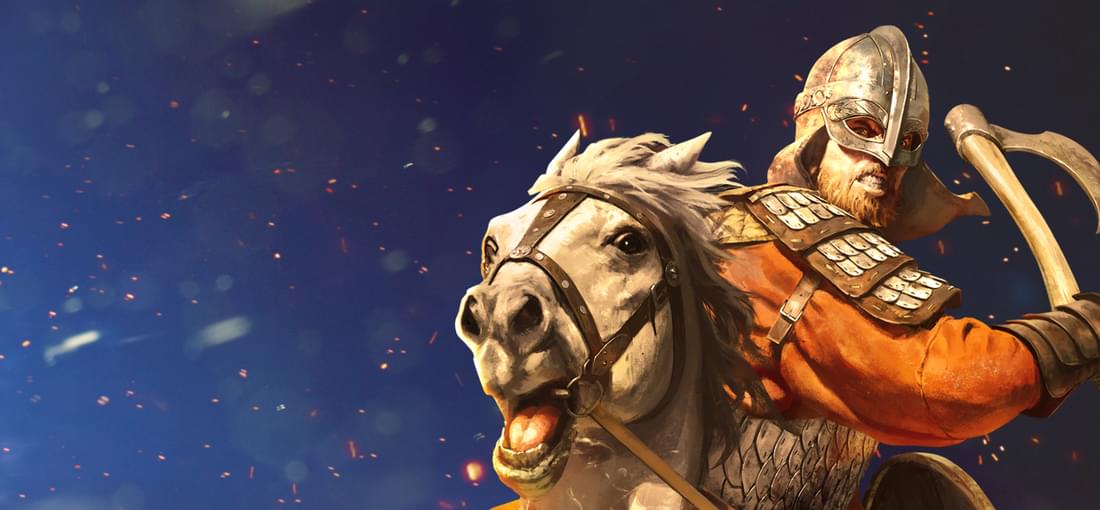
I recall a lot of complaints about early game jank, bugs and lack of polish. I don't know how much they fixed in a year and how much was never there, but my issues have been next to none and I've been having an absolute blast with carving out a kingdom. The only bug I've come across is a graphics bug, where NPC equipment turns pink if I play the game for a long time. The new skill system, smithing, clans, fiefs, everything is great. Fantastic sequel.
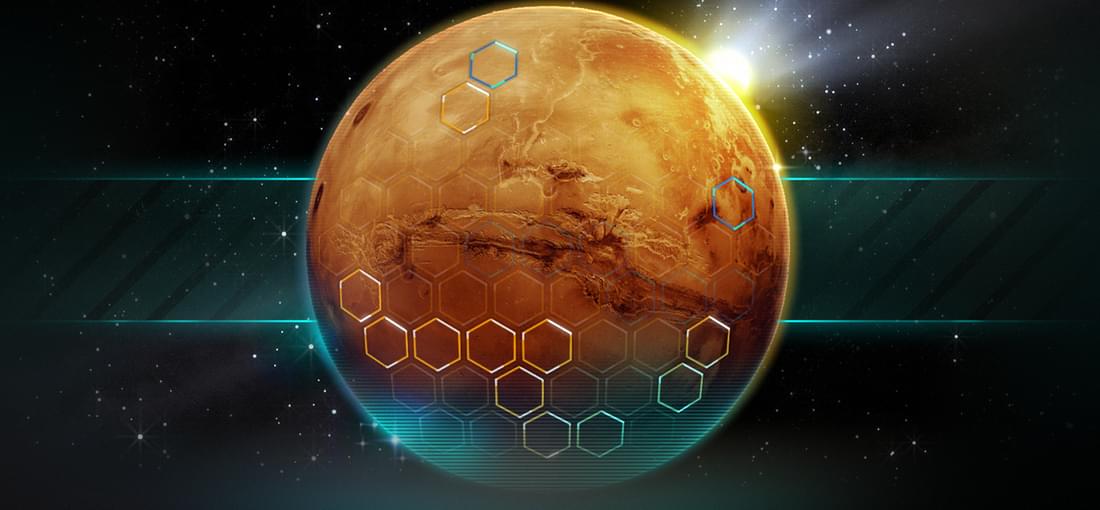
Basically it's Dominions or Colonists of Catan in a Mars colonization format. Choose cards, collect resources, optimize your strategy while occasionally hindering the opponent. Personal frustration, the turn process is slow like a turd rolling uphill. After your opponent passes, you still have to take turns despite being alone. Then you have to wait ten seconds for the actions menu to load in, because it doesn't register that your turn has started. THEN you have to repeat this 3 more times because you can only take two actions per turn. It quickly gets old and massively inflates the duration of nearly finished rounds.
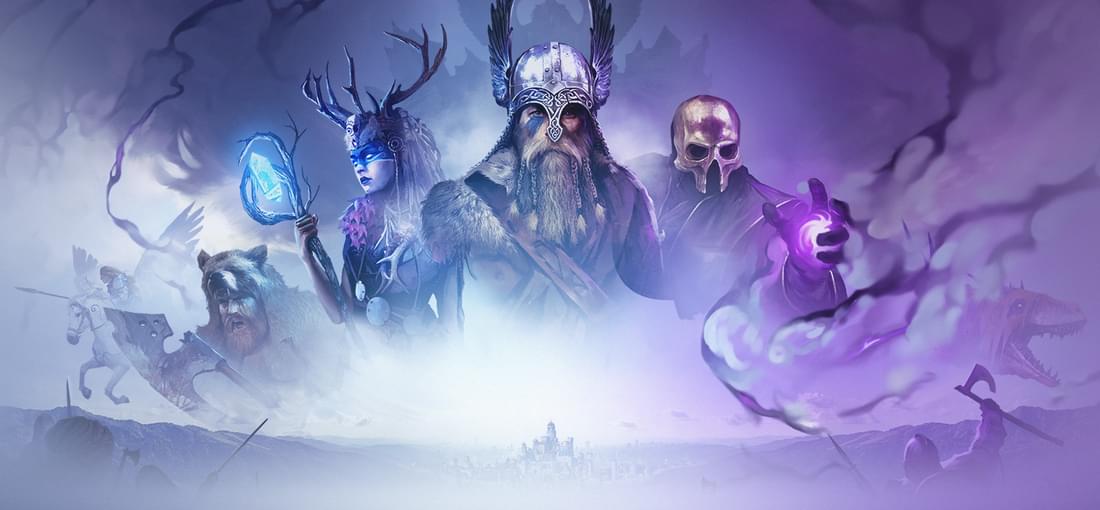
Fantasy General II occupies a halfway point between Gladius and Age of Wonders. Perhaps this is unsurprising since Gladius was made by the same dev. It's a meaty, varied and solid strategy title and I haven't even reached any of the dlc's yet. One particular design standout is the non-linearity and interesting details of upgrades. Though there are upgrades of the +10% hp or damage type, they are outnumbered (and often outclassed) by upgrades that improve movement or combat behavior on different kinds of terrain. This is further modified by a pleasant variety in attack types. They seem similar at first, but this game has ranged attacks with only 1 range (IE melee) and they are quite different from regular melee attacks. Likewise, 2-range physical attacks behave very differently from 2-range magical attacks. This rounds out to a wide range of potential combat options and throughout the game's lengthy campaign there are plenty of options to investigate all of them. All in all, great stuff, I'm having a blast.
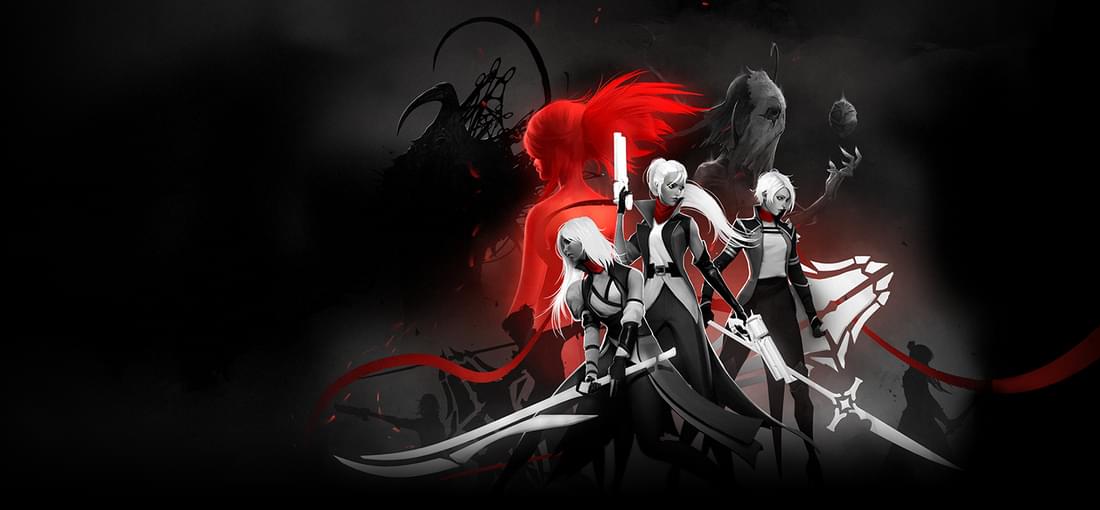
Looking at the screenshots, the trailers, and even at actual gameplay footage left me worried that this game was nothing but visuals. But nothing could be further from the truth. Othercide is a turn based roguelite squad management game. Meaning you manage a squad and lead them against inceasingly overwhelming odds. In roguelite style your daughters will die, and you'll eventually lose the campaign. Progress then is partially carried over into the next campaign, giving you a head start on your next attempt. The tactical map is reminiscent of other turn based squad games, with the addition of a timeline system that many skills can manipulate. Compared to XCOM, there's a greater focus on melee combat. Random chance is downplayed. Even for high dodge enemies I don't think I've ever missed the same enemy more than once. Occasional crits or high damage rolls are nice, but won't stave off the inevitable. Health is a limited and spendable resource in Othercide. Units don't normally heal on their own. They can be healed or revived through various other means. Healing involves sacrifices and poses interesting strategic choices, while your most powerful abilities cost health and pose a similar choice at a tactical level. The daughter types feel and play very different, each with their style of fighting and influencing the tide of battle. The enemies are creative, varied and disturbing. Death, disease, sacrifice and loss permeate the setting in ways that aren't merely superficial. Daughters die all the time, and sometimes on purpose. Cons. I don't think I can name many. I've had one or two crashes, but overall my experience has been stable. The timeline and the visual indicators for enemy attacks bug out sometimes. Nothing major. Campaign is quite long, but I'm not sure there's a lot of replay value. Overall, highly recommended. Not just a pretty face, this is an underrated gem, there's real depth here!
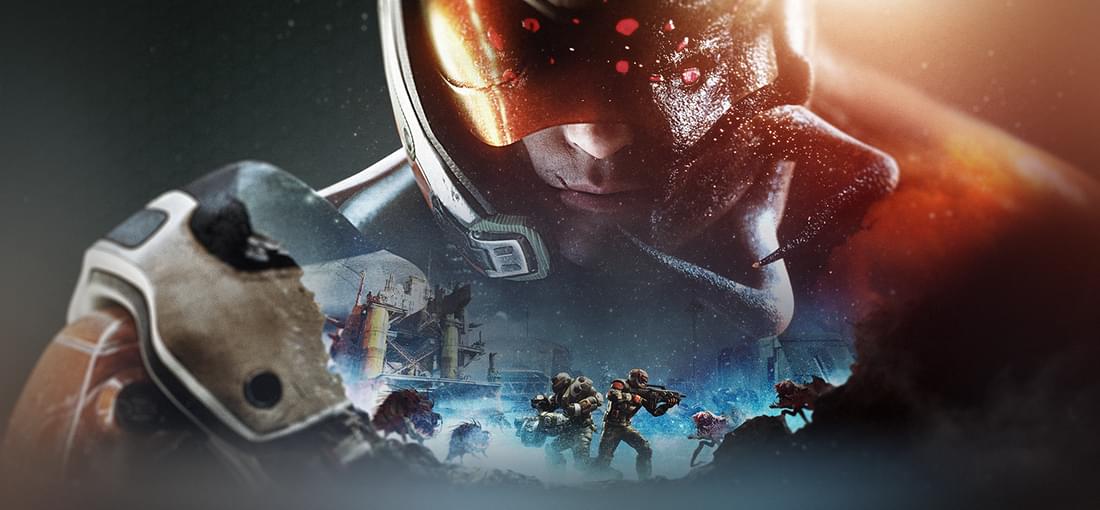
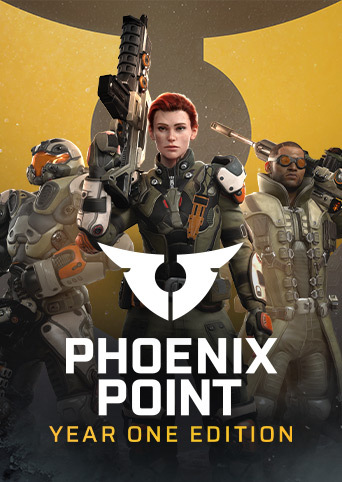
I'm a backer. I've been down the crowdfunding, early access, spiritual successor road a few times now. So for Phoenix Point's development. I knew what to expect and Phoenix point delivered all that I wanted: a less refined but more innovative XCOM remix. Phoenix Point is not as good as XCOM Enemy Unknown. But it IS a better sequel than XCOM 2. By that I mean that Phoenix Point is a more ambitious project than XCOM 2, and I daresay it succeeds in more of it's goals than XCOM 2 did. There's the free aim system, multiple shots from automatic weapons and shotguns, the overwatch, the modular enemies. These are spectacular improvements that I've wanted for years. The game is finally less focused on guaranteed melee/psychic/sniper instakills. Finally it's viable to fire non-guaranteed shots, or fire shots that only cause partial/disabling damage. Finally you can set overwatch to deter certain routes and force the enemy's hand. Then there's the fact that actions no longer end turns, and you can move, shoot and take actions in the order that you find most tactically useful. Levelling allows you to boost individual stats, and while movement is still obviously king there are great uses for strength and willpower. Vehicles are a good addition, both friendly and enemy. Chirons are an interesting multi-stage tactical challenge. Allied vehicles are sadly incomplete and I really hope they get some love in future updates. Phoenix Point is less refined than it's progenitors and I can see why people are down on it. Presentation is lacking, there's no cool cutscenes showing off new enemies or soldiers firing. Enemies are more likely to bug out, there's less enemy variety overall, less map variety, a lot of overworld mechanics are obsolete or nonsense, many mechanics are unclear, and animations can't be skipped. Conclusion: Phoenix point is innovative and imperfect. I got what I expected, and I highly recommend it to anyone who enjoyed XCOM, but wished it was different.